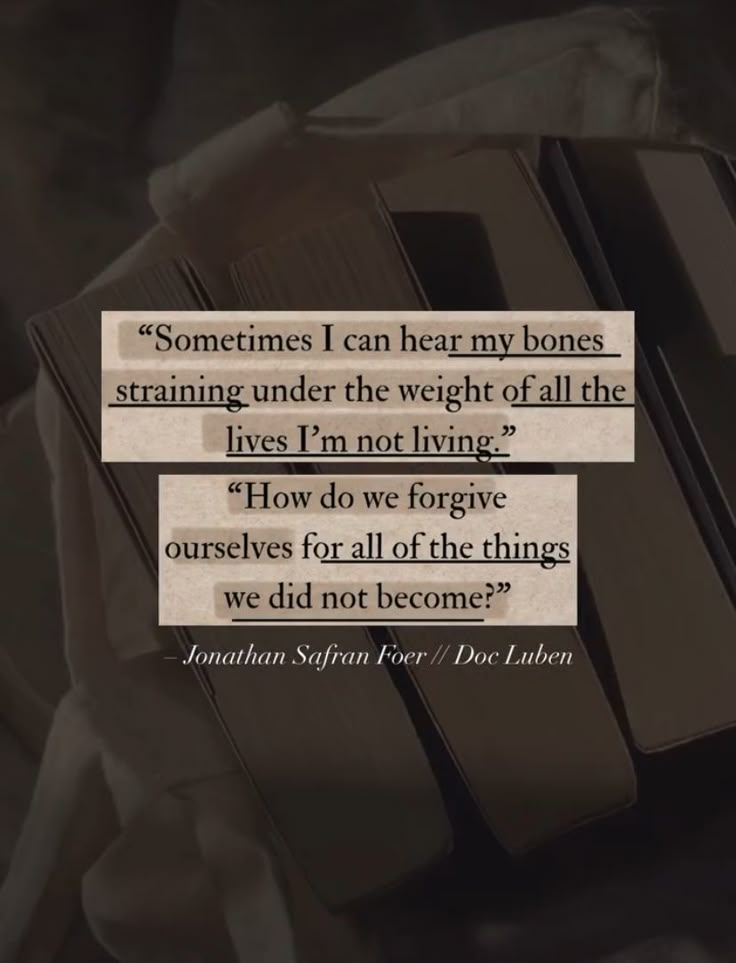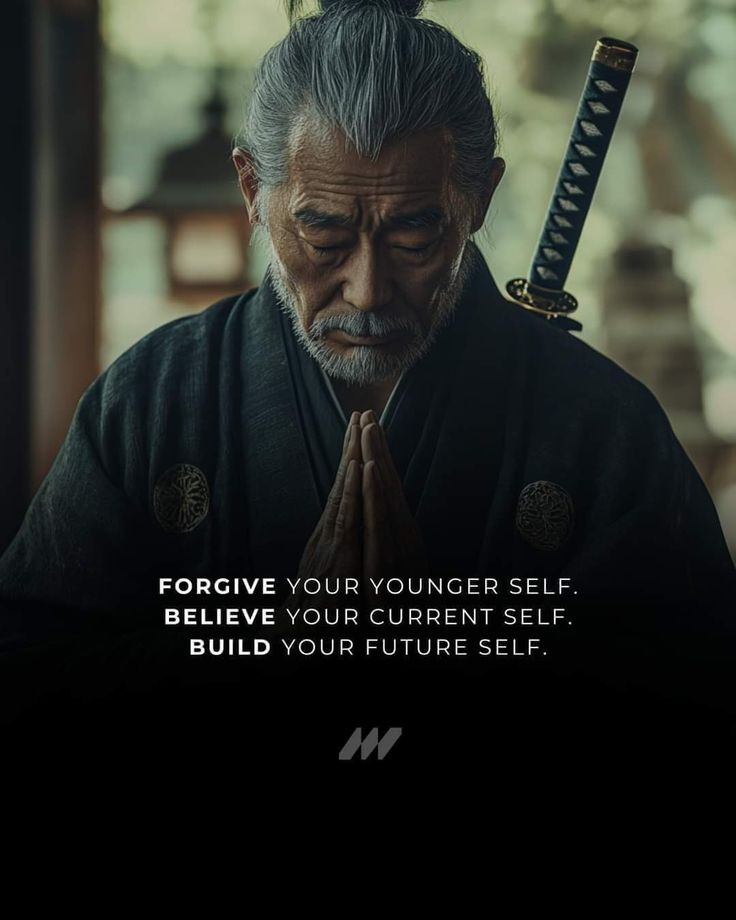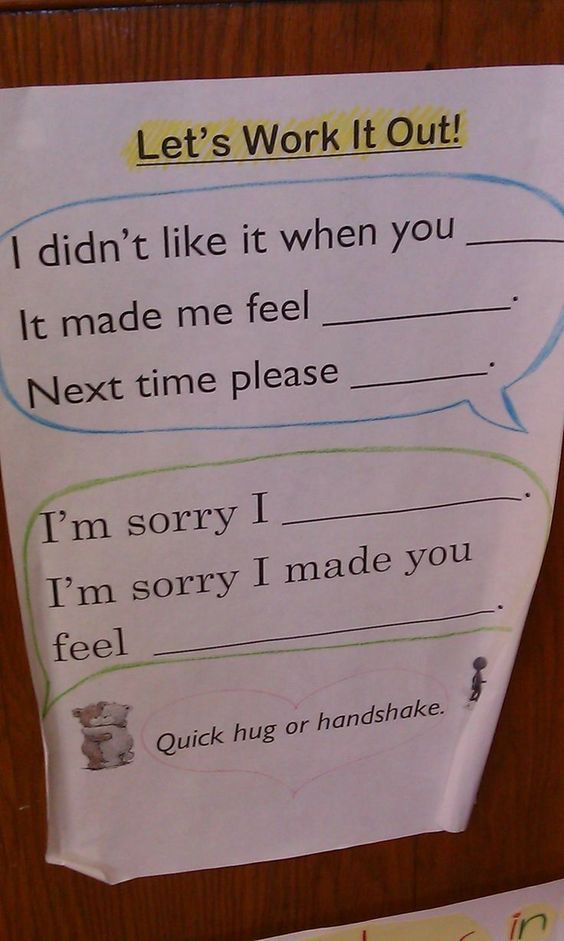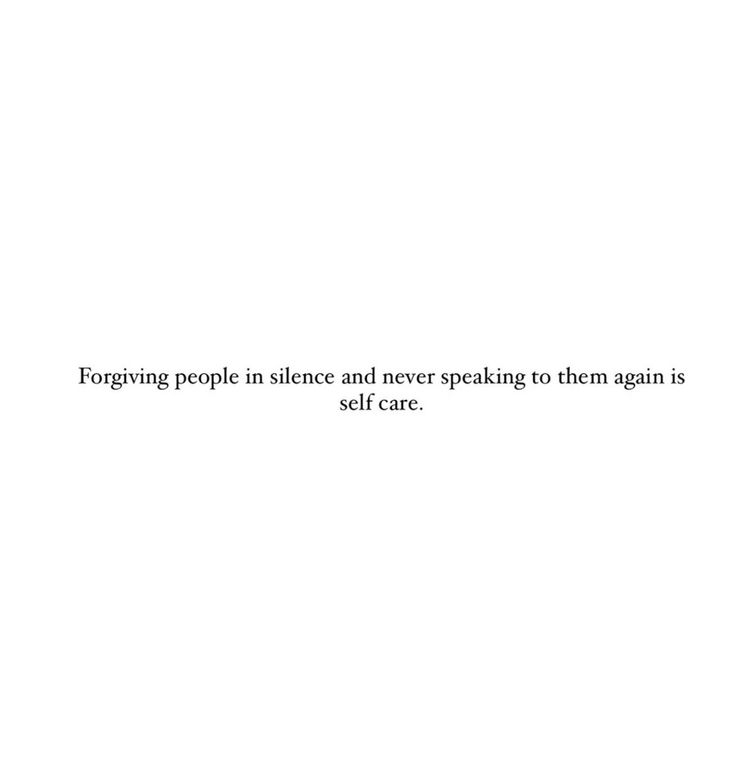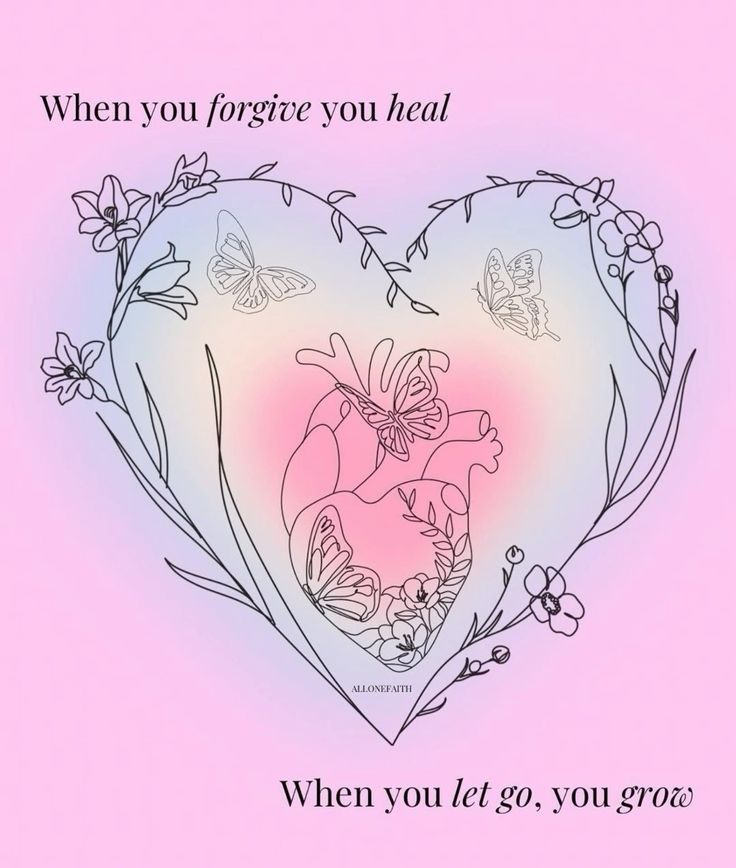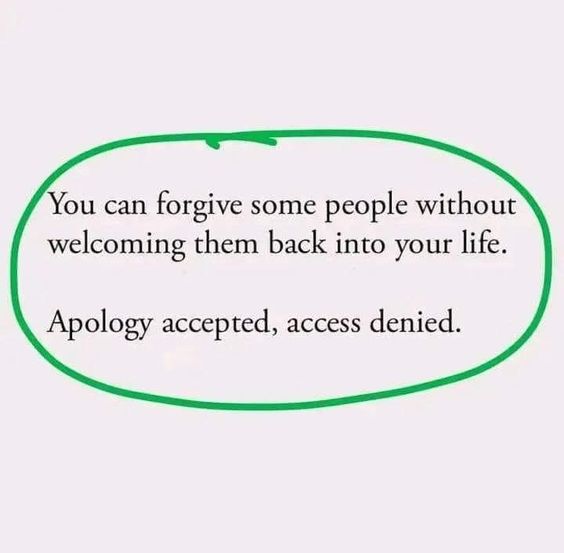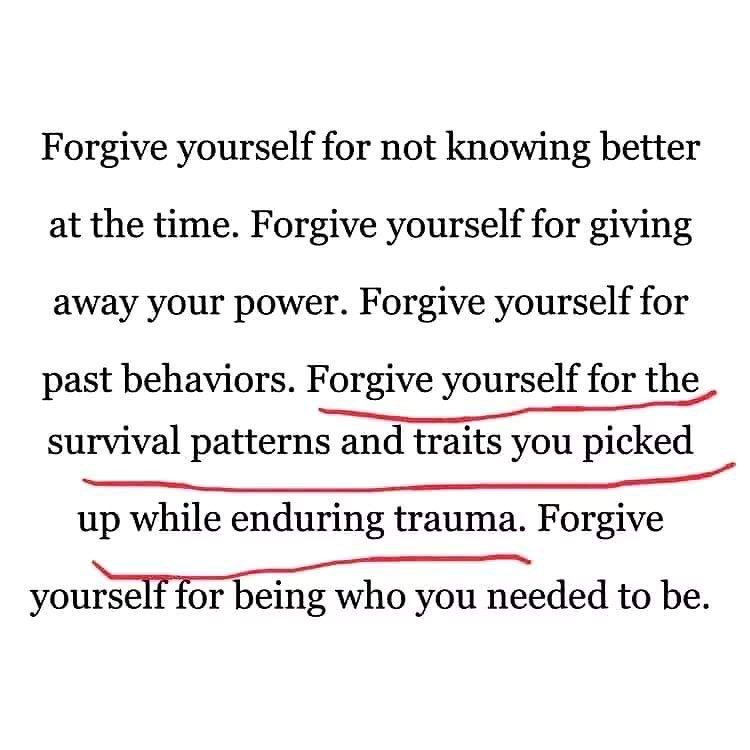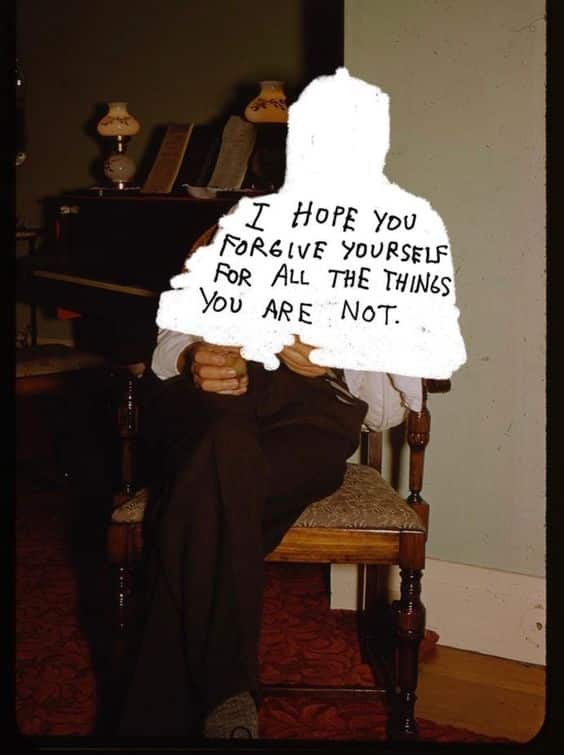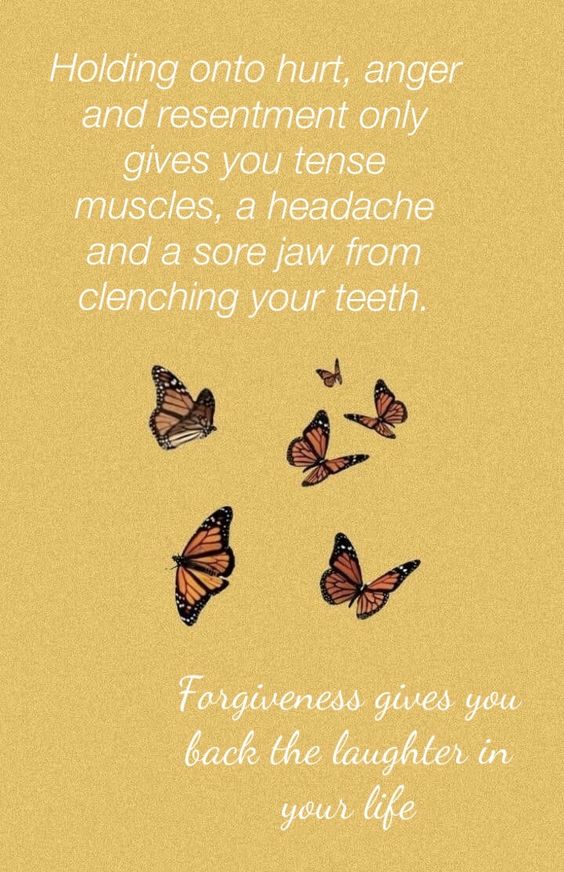An Exercise In Forgiveness—To Help You Let Go Of Anger and Find Peace
Excerpt: Forgive—even if the relationship isn’t one you want to save. Not so you can let people off the hook, but so you can cultivate inner peace.
Read More »An Exercise In Forgiveness—To Help You Let Go Of Anger and Find Peace
“Forgiveness has to flow in both directions. None of us is perfect, and though there will be situations where you are blameless, there are also times when there are missteps on both sides of a conflict. When you cause pain and others cause you pain, it’s as if your hearts get twisted together into an uncomfortable knot. When we forgive, we start to separate our pain from theirs and to heal ourselves emotionally. But when we ask for forgiveness at the same time, we untwist together. This is a bit trickier, because we’re much more comfortable finding fault in other people and then forgiving it. We’re not used to admitting fault and taking responsibility for what we create in our lives.”
Jay Shetty, Think Like A Monk (Page 43)
“Before we find our way to forgiveness, we are stuck in anger. We may even want revenge, to return the pain that a person has inflicted on us. An eye for an eye. Revenge is the mode of ignorance—it’s often said that you can’t fix yourself by breaking someone else. Monks don’t hinge their choices and feelings on others’ behaviors. You believe revenge will make you feel better because of how the other person will react. But when you make your vindictive play and the person doesn’t have the response you fantasized about—guess what? You only feel more pain. Revenge backfires.”
Jay Shetty, Think Like A Monk (Page 39)
“We will not take personally a slight or a screw-up we have been guilty of ourselves—because we remember that when we did it, it was not personal or even intentional. When we recall how dumb we were when we were young, we won’t be so quick to judge the generation coming after us. When we consider all the current beliefs we will be judged for by that generation, perhaps we can be a little more tolerant of the older generation in front of us. We’ve all messed up. We will all continue to mess up. Does it really benefit us—is it really fair—to go around condemning people for mistakes we’ve made ourselves? For going astray as we have gone astray? No. It doesn’t.”
Ryan Holiday, Daily Stoic Blog
“The average person wants to get paid back. They want everything to be fair. They want everything to be balanced. But you’re not gonna get it from them. The way you feel you’re getting paid, the way you feel things are being rebalanced, is to get your satisfaction from the exercise [forgiveness/ letting go/ love] itself. That’s called Active Love.”
Phil Stutz, Stutz
“The closer people are to the truth, the more tolerant they are of the mistakes of others.”
Leo Tolstoy, A Calendar of Wisdom (Page 258)
“Almost always, when we look deep into our souls, we can find there the same sins which we blame in others. If we do not find a particular sin in our soul, then we should look more closely, and we will find even worse sins there.”
Leo Tolstoy, A Calendar of Wisdom (Page 224)
“The man who cannot forgive destroys a bridge which he will have to cross, because every person needs forgiveness.”
Edward Herbert, A Calendar of Wisdom (Page 224)
“Do not think that courage lies only in boldness and power. The highest courage is the courage to be higher than your rage and to love a person who has offended you.”
Leo Tolstoy, A Calendar of Wisdom (Page 134)
“I believe in anger. Anger’s like fire, it can burn out all the dross and leave some positive things. But what I don’t believe in is bitterness. Forgiveness is imperative because you don’t want to carry that weight around, who needs to? And it will throw you down. It doesn’t help you to live life. I don’t make myself vulnerable if I can help it.”
Maya Angelou
